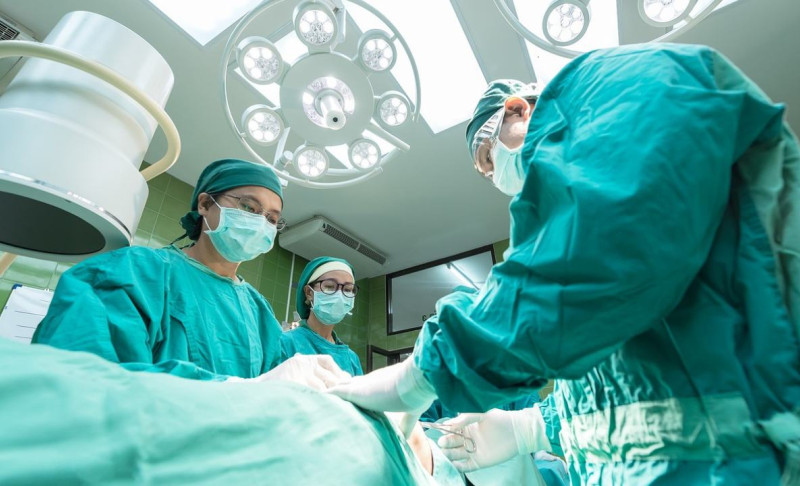
(Forensic) Mental Health
The practice of forensic mental health is closely related to mental illnesses, psychopathology and criminal justice. In this course we will look at several aspects.

The practice of forensic mental health is closely related to mental illnesses, psychopathology and criminal justice. In this course we will look at several aspects.
During this course, we will look at whether a person who has committed a crime (the offender), is a patient or a criminal. And does the offender need punishment or treatment? The content of this field varies a lot from country to country, and depends on the legislation, the healthcare system, cultural aspects and many more aspects. In this course we like to discover the similarities and differences of forensic mental health in different countries. Students will work on cases, they will attend lectures and take part in workshops with (international) teachers and researchers. Because of the double aspect of criminal/offender and patient, we can find out how legislation, punishment and treatment are connected. In prison we often find persons with these both aspects. We try to include a clinical visit to a (forensic) mental health institution or a prison where persons are incarcerated.
During this course we have lectures and workshops with topics like: neurocriminology, psychopathology, risk assessment, psychopathy, sexual behavior, addiction, suicide prevention, social context of criminality, youth criminality, people with development disorders, rehabilitation and so on.
The course is open to all kinds of health care professionals. Nurses, social work, psychologist and medical students and professionals are welcome to join.
In this course we place forensic mental health in an international context. National, Social, Biological, Cultural and Mental health aspects are different in each setting. By using international literature and lectures, participants learn about the similarities and differences in several contexts.
Prof. Dr. V. de Vogel (University of Maastricht and UAS Utrecht)
Steve Love (Phd candidate Western Michigan University)
Ferdy Pluck (Phd cadidate UAS Utrecht)
Dr. G. van Beek (UAS Utrecht)
and many more.
We will work with teachers who are connected to the field of mental health care and who have done research in this field.
Bachelor and master students and professionals from different healthcare professions are welcome to this course. We mainly invite nursing, social work, psychology and medical students.
The objective of the course is to deepen knowledge of forensic mental health and relate this to personality and contextual aspects.
Two weeks of lectures, workshops and visits. Self work / self study to work on the assignments.
Prior to this summerschool, students have to submit an assignment. At the end of the course there will be a final assignment/presentation.
The preparation assignment will be sent to the participants at the end of June 2026.
| Professionals | Students | HU-student | |
| HIC* | €1100 | €800 | €50 |
| LMIC* | €900 | €600 | --- |
*HIC; HIgh Income Countries as classified by the world bank
*LMIC: are Low and (Upper and Lower) Middle Income Countries as classified by the world bank. Participants can apply for the LMIC fee based on the location of the institution they are affiliated to .
Please do not make your payment before the discount has been added. When you have questions please get in contact with the course director: jasper.tenhoeve@hu.nl
The housing costs do not include a Utrecht Summer School sleeping bag. This is a separate product on the invoice. If you wish to bring your own bedding, please deselect or remove the sleeping bag from your order once you apply for the course.
For this course you are required to upload the following documents when applying: